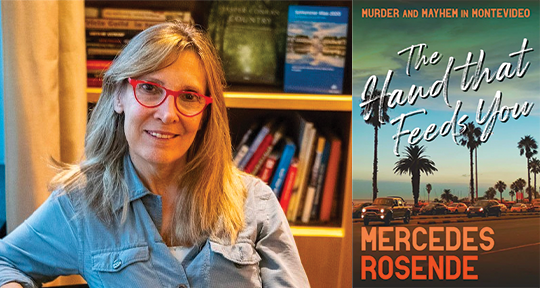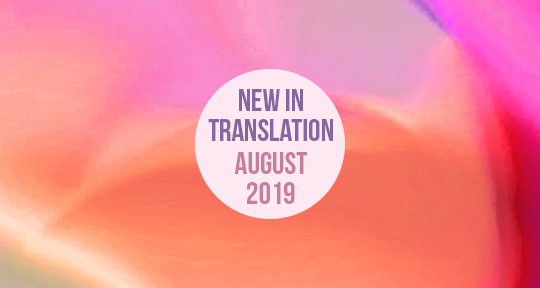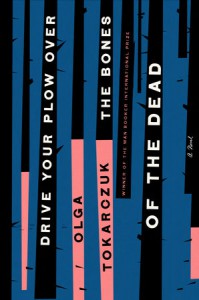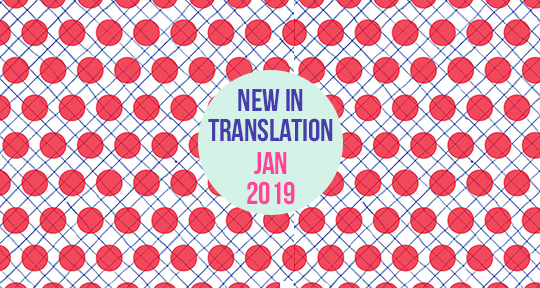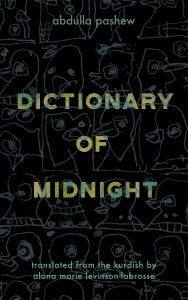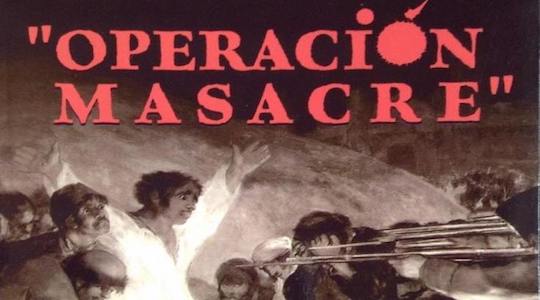This week, Asymptote‘s team brings us up to date on the most recent releases and awards around the literary world! From a meditative poetry chapbook on the broad concept of motherhood from North Macedonia, to a Japanese thriller shortlisted for the Crime Writers’ Association’s Dagger Awards, read on to learn more!
Sofija Popovska, Editor-at-Large, Reporting from North Macedonia
Spring of 2024 marked an exciting new beginning in the Macedonian literary scene: in mid-April, Majkata na Svetot (Mother of the Universe), the debut poetry chapbook of Marija Svetozarevikj, was promoted in the bookshop cafe Bukva in Skopje. Concerned with themes both timely and timeless, the chapbook is centered around a “maternal approach to spirituality and life,” as Svetozarevikj explains, and celebrates the mother figure in a broader sense, which includes planet Earth.
Svetozarevikj (b. 1998) is a graduate of the Fine Arts faculty at the University of Skopje. Her approach to writing is accordingly visual; Aleksandar Rusjakov, a fellow Macedonian poet, who admitted to having read Majkata na Svetot multiple times, describes its author as someone who “paints with words and sings in images”. This is one of the several dichotomies that Rusjakov believes are resolved within the chapbook: its pensive and loving lyricism reconciles “kindness and cruelty,” finds “peace amidst rebellion and rebellion within peace,” and remains “simple in its complexity”. Poems such as “Waterfalls (A Love Letter to Humanity)” affirm his exegesis. In a lyrical voice that is equally oracular and conciliatory, Svetozarevikj dives into the human tendency to inflict artificial boundaries upon existence as the ultimate cause for suffering. Trapped in a “dire cycle” of “denying facets of our selves”, and struggling to mold our lives into a linear “track” moving single-mindedly towards self-satisfaction, humans lose touch with being, where “there are no mistakes, but everything is part of a unity.”


